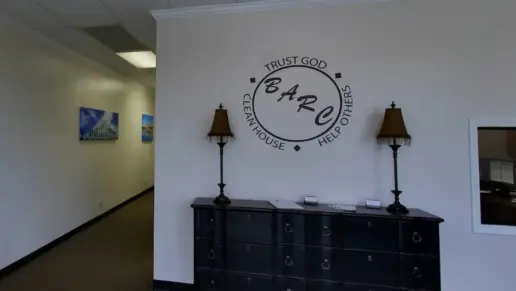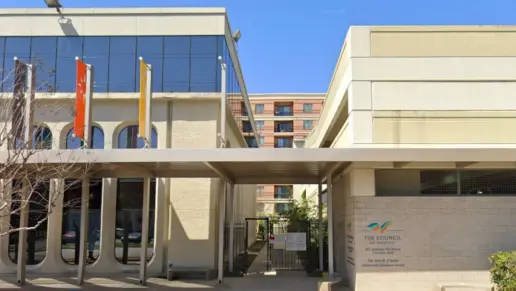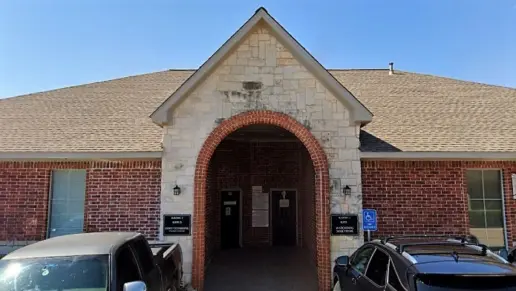About New Season Treatment Center – Dallas
New Season Treatment Center provides substance abuse care for adults. You’ll find ‘em located in Tampa, Florida. They specialize in outpatient treatment for opioid addiction.
You’ll get a customized treatment plan based on your unique needs. They have opioid addiction specialists who work with you on a recovery plan that fits your schedule. That way, you’ll have plenty of time to supplement your recovery in the sunny, metropolitan surroundings.
Medication-assisted treatment (MAT) is available, using FDA-approved medicines like methadone, Suboxone, or buprenorphine to lessen withdrawal symptoms and reduce drug cravings. This service helps you have more comfort during treatment. Withdrawal is medically supervised for safety and comprehensive care.
They offer individual, group, and family counseling so that you get to work through any issues that may hinder recovery. Families can support your progress and develop healthy communication methods, even if this means just letting you recover on your own. Individual sessions allow time in a private setting for topics you might not feel comfortable discussing with others.
Their counseling pinpoints the nature of addiction and how it affects your thinking and actions. The professional counselors will help you explore triggers and design plans to avoid relapse after treatment. You can also work on making personal and career improvements for growth. They will help you cope with stress and find ways to address life situations without using opioids.
The team will provide referrals to outside agencies if higher-level care is necessary. Their outpatient program offers flexibility so you can live at home and continue working or attending school without interrupting your regular activities.
They provide their services for one fee, so there are no hidden costs to worry about later. That said, New Season Treatment Center accepts many health insurance plans, including Aetna, Cigna, and Ambetter.
Latest Reviews
Rehab Score
Other Forms of Payment
Self-pay involves paying for treatment out of your own pocket. You can use savings or credit, get a personal loan, or receive help from family and friends to fund your treatment. If you don't have insurance or your insurance plan doesn't cover a specific program, self-pay can help ensure you still get the care you need.
Private insurance refers to any kind of healthcare coverage that isn't from the state or federal government. This includes individual and family plans offered by an employer or purchased from the Insurance Marketplace. Every plan will have different requirements and out of pocket costs so be sure to get the full details before you start treatment.
Medicare is a federal program that provides health insurance for those 65 and older. It also serves people under 65 with chronic and disabling health challenges. To use Medicare for addiction treatment you need to find a program that accepts Medicare and is in network with your plan. Out of pocket costs and preauthorization requirements vary, so always check with your provider.
Medicaid is a state based program that helps lower-income individuals and families pay for healthcare. Medicaid covers addiction treatment so those enrolled can use their coverage to pay for rehab. When a program accepts Medicaid the client often pays very little or nothing out of their own pocket.
Military members, veterans, and eligible dependents have access to specific insurance programs that help them get the care they need. TRICARE and VA insurance can help you access low cost or no cost addiction and mental health treatment. Programs that accept military insurance often have targeted treatment focused on the unique challenges military members, veterans, and their families face.
Addiction Treatments
Levels of Care
Programs

Clinical Services
Peer support is an important aspect of group therapy sessions for drug and alcohol addiction. As you and your peers share stories and encourage each other, it fosters a sense of community and belonging that helps you process your feelings and reduces the sense of isolation that is associated with addiction.
The purpose of family therapy is to create a supportive and understanding family dynamic within the family unit. Therapists help individual members to identify and change harmful behavior patterns and improve communication. This provides a stable foundation for the family and their loved one's recovery.
Individual therapy offers you a confidential space to address the complexities of your drug or alcohol addiction. Your therapist guides these personalized sessions to help develop self awareness and manage stress. This promotes sustained sobriety and overall well being.
Accreditations

The Substance Abuse and Mental Health Services Administration (SAMHSA) is a branch of the U.S. Department of Health and Human Services. Established in 1992 by congress, SAMHSA's mission is to reduce the impact of substance abuse and mental illness on American's communities.
SAMHSA Listed: Yes

The Commission on Accreditation of Rehabilitation Facilities (CARF) is a non-profit organization that specifically accredits rehab organizations. Founded in 1966, CARF's, mission is to help service providers like rehab facilities maintain high standards of care.
CARF Accreditation: Yes

State Licenses are permits issued by government agencies that allow rehab organizations to conduct business legally within a certain geographical area. Typically, the kind of program a rehab facility offers, along with its physical location, determines which licenses are required to operate legally.
State License: Texas
Contact Information
1050 N Westmoreland Road
Suite 330
Dallas, TX 75211


